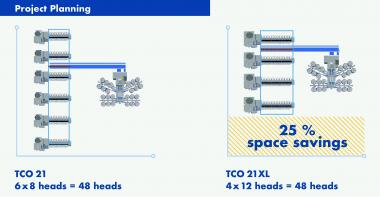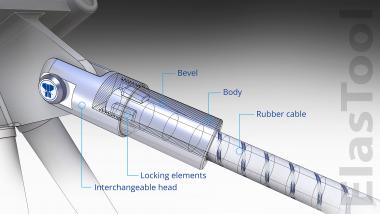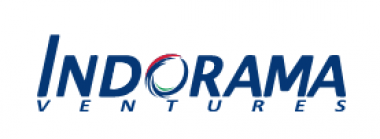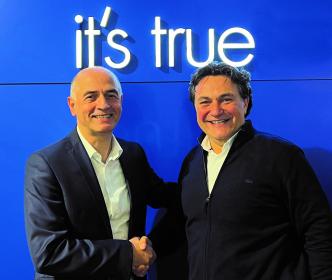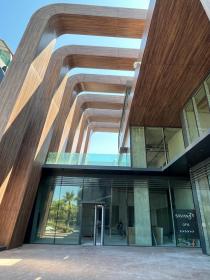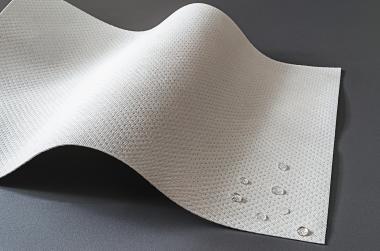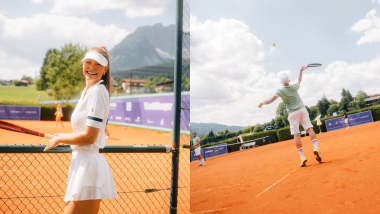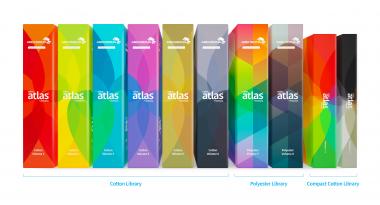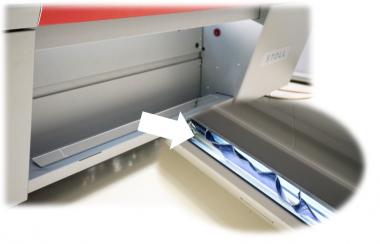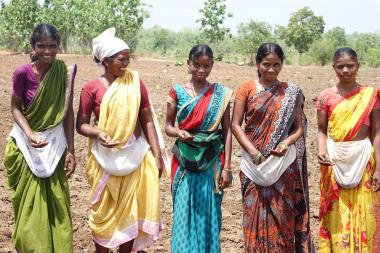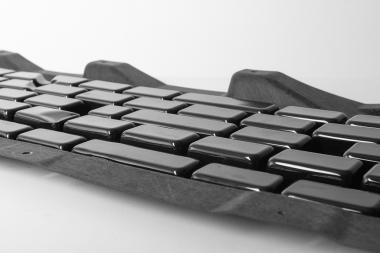Kelheim with sustainable European innovations at the Global Fiber Congress
Kelheim Fibres, a manufacturer of specialty viscose fibres, showcases its latest developments at this year's Global Fiber Congress in Dornbirn. The focus is on innovative solutions that not only promote environmental sustainability but also strengthen the European supply chain.
In his presentation "Towards high performing plant-based AHP products - a joined approach of Pelz and Kelheim Fibres," Dr. Ingo Bernt, Project Leader of Fiber & Application Development at Kelheim Fibres, together with Dr. Henning Röttger, Head of Business Development at PelzGROUP, introduces the development of a plastic-free yet high-performance panty liner. The water-repellent Kelheim specialty fibre Olea plays a crucial role in both the top and backsheet of the panty liner. This product emerged from the ambition to offer eco-friendly alternatives to conventional disposable hygiene solutions without compromising on product performance.
A similar approach is pursued in the second presented project. Under the title "Performance Fibres meet Sustainable Design - example of a reusable Baby Diaper," Natalie Wunder, Project Leader from Kelheim Fibres' New Business Development team, together with Caspar Böhme, Co-Founder of Sumo, introduce the washable and reusable SUMO diaper. Made from biobased materials and featuring a unique construction with Kelheim specialty fibres, this combination offers double environmental benefits compared to conventional disposable baby diapers.
Both the panty liner and the SUMO diaper are manufactured entirely in Europe, resulting in shorter transportation routes and a reduced CO2 footprint. Moreover, these innovations contribute to strengthening the European textile and nonwovens industries by fostering innovation within Europe.
Kelheim Fibres GmbH












